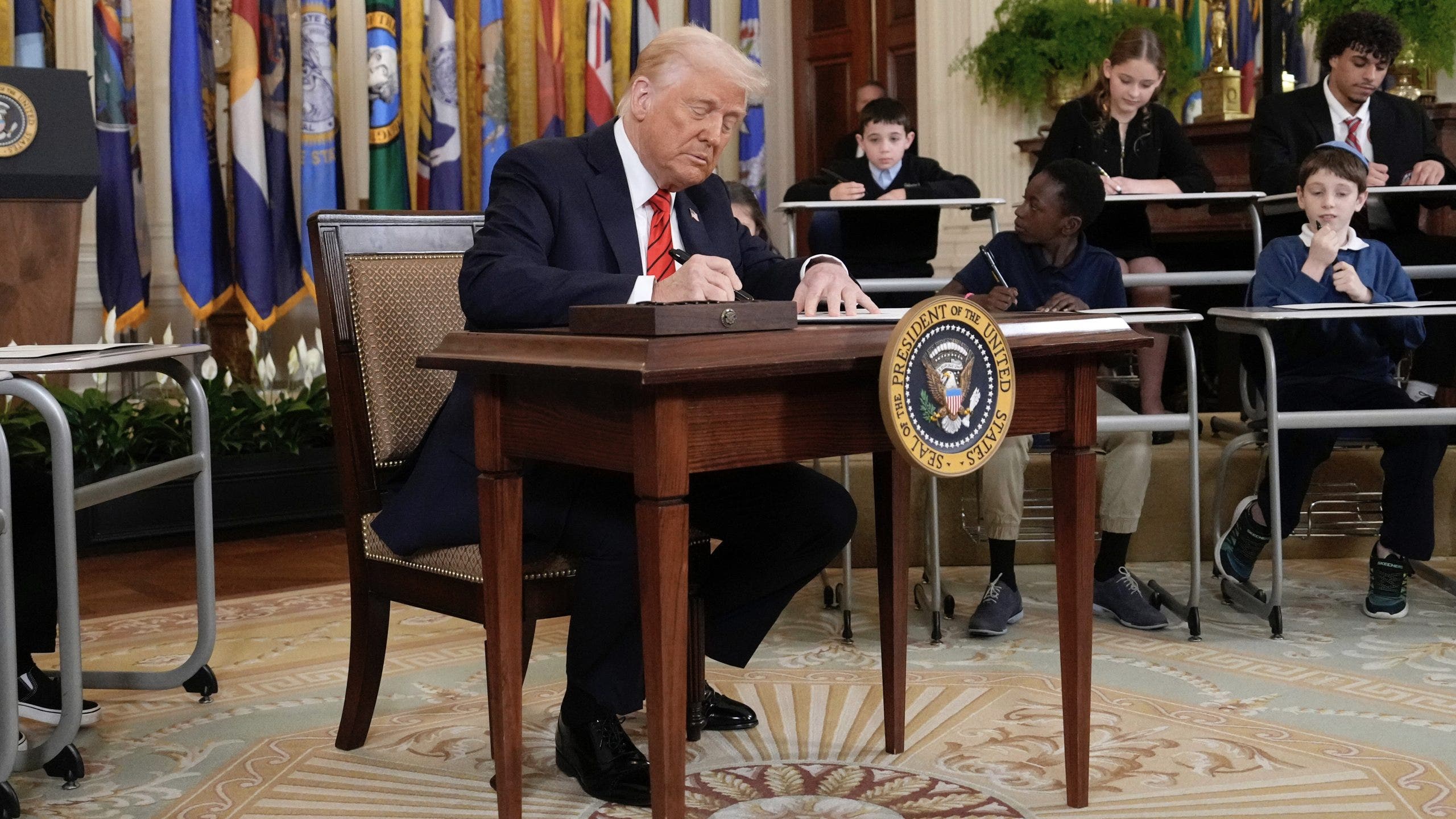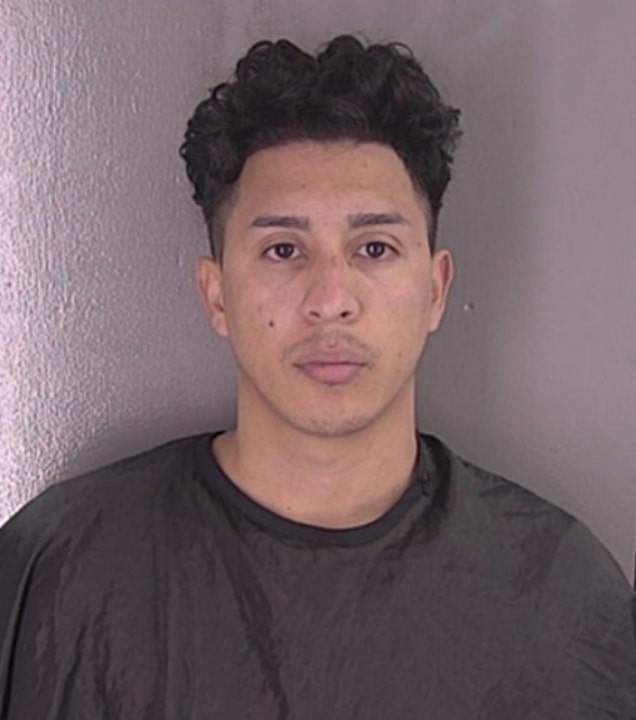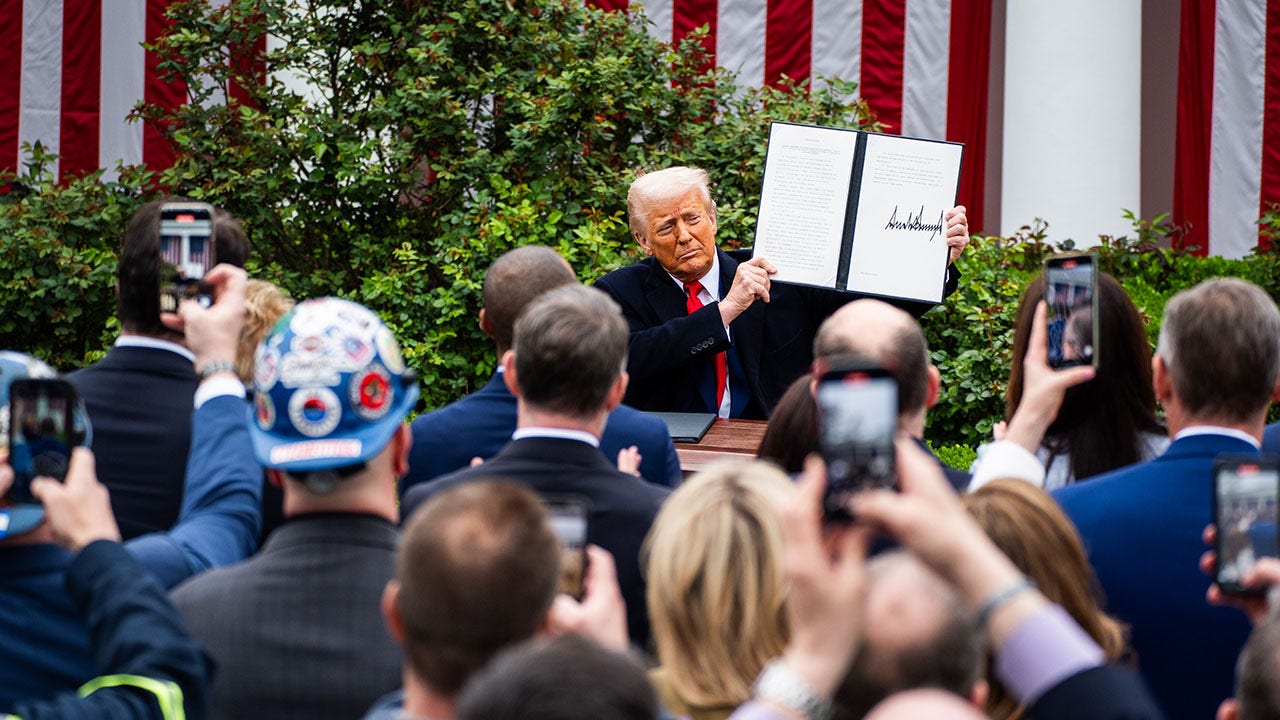NEWYou can now listen to Fox News articles!
For 36 years, I marked time between prison walls. With a life sentence hanging over me, I missed my son’s first day of school, my daughter’s wedding, my mother’s funeral — all for a crime I did not commit, while the actual murderer walked free.
What distinguishes my story isn’t wrongful imprisonment — it’s the rare gift of early freedom. In 2017, Missouri’s governor granted clemency during his first year, rejecting the conventional wisdom that mercy is politically safest at term’s end.
President Donald Trump’s recent early second-term pardons echo this principle — and contrast starkly with business as usual: Obama reserved 61% of pardons for his final year, Biden concentrated 90% in his, and Trump’s first term saw 84% of clemencies clustered in his administration’s closing moments.
TRUMP PARDONS NIKOLA FOUNDER CONVICTED OF FRAUD
Presidents don’t just save clemency for their final years, but for their final hours: Trump with 116 pardons as his term expired, Presidents Barack Obama with 330 on his last day, and Bill Clinton with 177 as he walked out the door.
Why such a delay? Political survival instinct. Republican President Gerald Ford’s pardon of President Richard Nixon likely cost him the presidency in 1976, while Massachusetts Democrat Governor Michael Dukakis’ Willie Horton furlough derailed his 1988 presidential campaign. The lesson became clear: only dispense mercy when voters can no longer exact punishment.
Trump’s early pardons highlight exactly why executives typically wait — they fear backlash. His January 6th clemencies have sparked intense criticism, with detractors seeing loyalty rewards rather than rehabilitation recognition. These concerns merit debate, yet fixating on who receives mercy obscures the crucial truth about when — justice delayed is justice denied.
I witnessed this reality daily behind bars. Women with elementary educations became college graduates; broken spirits transformed into mentors. Yet the system’s cruel irony remained: clear rehabilitation meant nothing against political calculation.
My case proves this point. Despite multiple parole board recommendations for release, six governors left my file untouched. When the seventh granted clemency in 2017, I reclaimed what politics nearly stole — holding four great-grandchildren at birth instead of viewing them through photographs across prison tables.
This human cost has a staggering fiscal counterpart: taxpayers spend $42,000+ per federal prisoner annually, $33,274+ per state inmate. America’s incarceration burden approaches $1 trillion yearly, according to the Institute for Justice Research and Development, which included, “costs to incarcerated persons, families, children, and communities.” Timely mercy could redirect these billions toward education, healthcare and community renewal.
Americans overwhelmingly agree: 80% support expanded presidential commutations, with near-identical backing from both political camps, including 84% of Harris supporters and 80% of Trump’s backers. This consensus extends across criminal justice reform, where 81% of Americans favor reforms. Sentence reductions and eliminating mandatory minimums also share strong bipartisan support.
CLICK HERE FOR MORE FOX NEWS OPINION
This rare harmony reflects how reform resonates across values: fiscal conservatives reject wasteful spending on non-violent offenders; progressives address racial inequities; faith leaders value redemption; constitutionalists defend legal protections. All paths lead to one conclusion: mass incarceration fails our country morally, financially and practically.
This widespread agreement has already produced tangible results. The 2018 First Step Act passed with overwhelming bipartisan support, reducing sentences and expanding rehabilitation programs. Signed by Trump, it united voices as divergent as progressive New Jersey Democrat Senator Cory Booker and conservative Iowa Republican Senator Chuck Grassley.
I witnessed this reality daily behind bars. Women with elementary educations became college graduates; broken spirits transformed into mentors. Yet the system’s cruel irony remained: clear rehabilitation meant nothing against political calculation.
Further progress requires rethinking clemency as a moral imperative, not a political liability. Practical reform would implement quarterly clemency reviews prioritizing elderly inmates, those with disproportionate nonviolent sentences, and those demonstrating rehabilitation.
A diverse panel — including victims’ advocates, legal experts and justice specialists — would provide ethical guidance and political insulation, shifting focus from avoiding controversy to rebuilding lives.
I embody this restoration. Today, I support myself through work, advocate for those still confined and treasure life’s simple rhythms — homework help, surveillance-free holidays, gardening through seasons. Each morning delivers the quiet miracle of choice in what to eat, whom to see, when to step outside.
For thousands still awaiting that freedom, I hope leaders find the courage to act when justice demands, not when politics allows. In our divided nation, second chances offer rare common ground — where breaking tradition serves not only justice and families but our shared belief in America’s capacity for accountability and grace.
Read the full article here








